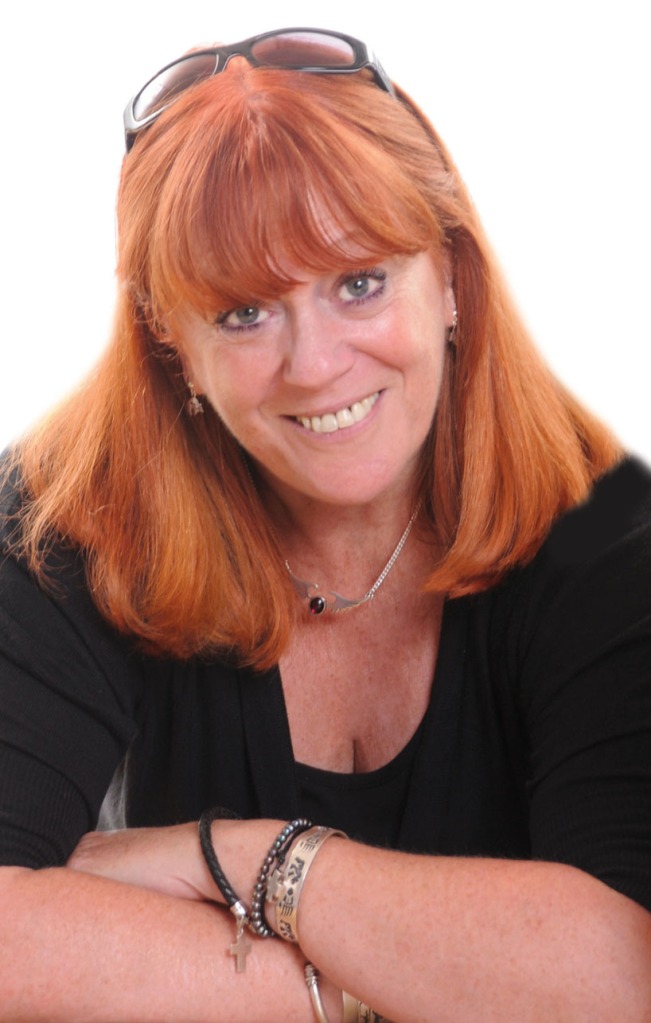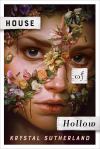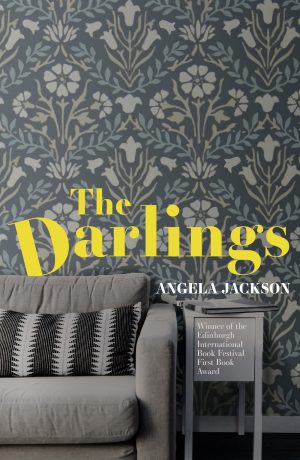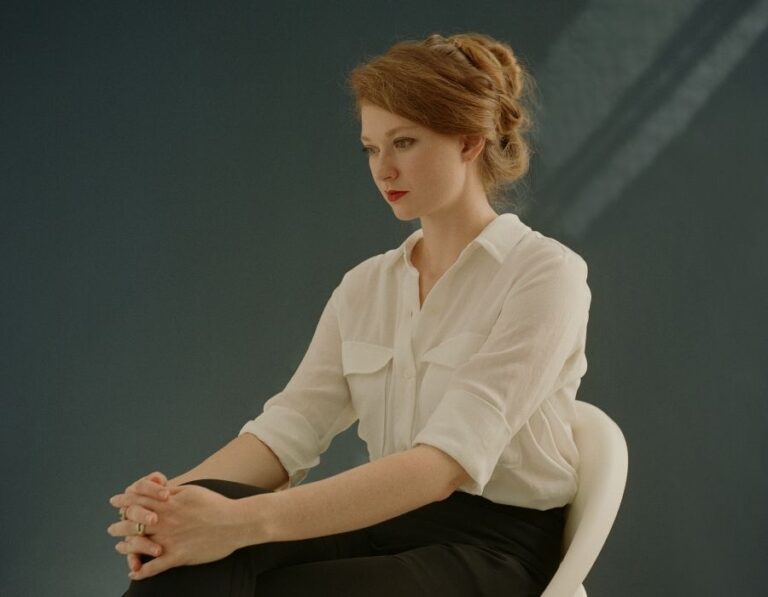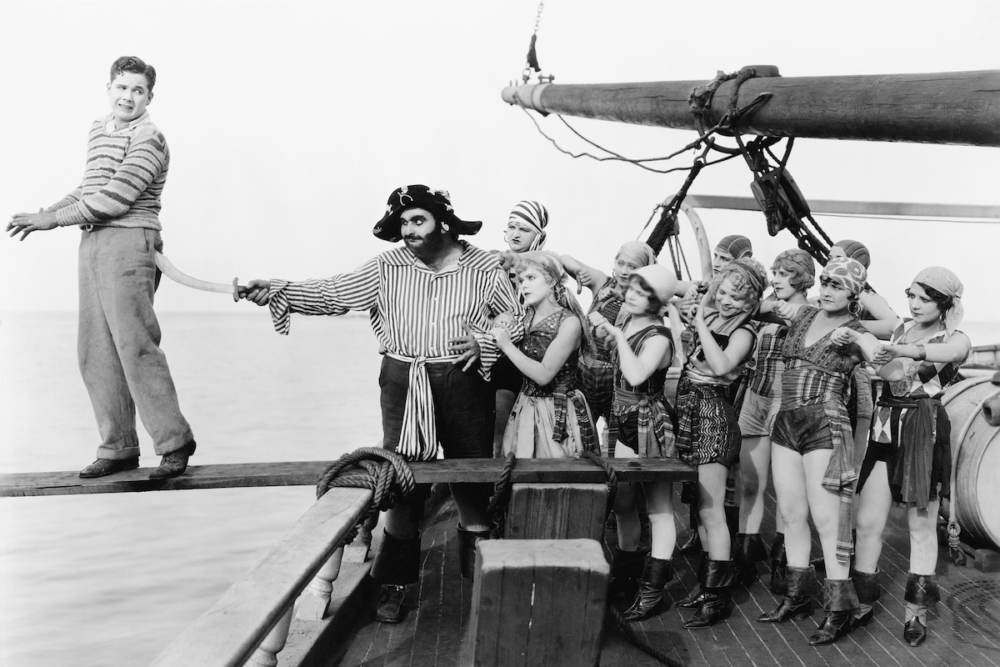
Today’s post is by author and book coach Andromeda Romano-Lax (@romanolax).
Several years ago, I attended a writing workshop held in a beautiful locale, with sumptuous food and dreamy scenery. Only the teaching was bad. And not just bad. It was the most disorganized and downright toxic event I’d experienced in twenty-plus years.
Before attending this event, I thought I’d seen it all: middle-aged writers leaving in tears after being told they should give up on their projects; women being taken to task for their parenting, marriages, or some other personal choice or foible; racist micro-aggressions; genre prejudices; the withholding of attention except for teachers’ pets. There are so many ways for a workshop to go wrong, even when no one is left offended or devastated.
For a time, I attended private workshops or retreats when I jumped genres and was hoping to accelerate the learning process, with some networking on the side. That was the case when I signed up for a screenwriting workshop with a notable Hollywood writer at a high-prestige conference. He cancelled at the last minute due to delays on a movie set, to be replaced by another man who had made one low-budget, poorly rated sci-fi film about fifteen years earlier, and nothing since.
For part of each afternoon, “Nut Spitter,” as I came to privately call him, leaned back in a comfy armchair, eyes closed, one hand on his ample belly as he fed himself pieces of nuts that he would spray outward, in flecks and fragments, as he monologued.
By the second day, I realized I should sit further back in the half-circle.
By the third day, I realized I wasn’t going to learn much about screenwriting.
We never ended up doing any kind of workshopping in that particular “workshop.” We didn’t read screenplays, discuss structure, or do any writing exercises. Over several days, we mostly heard our teacher’s opinions about one-sentence loglines, a subject easily covered in one hour. I let the conference organizers know what was happening, but I didn’t request a refund because I feared offending them. I had a new novel coming out soon, and I didn’t want to burn any bridges. On top of that, tuition had been just part of my expenses. Lodging and airfare cost even more. There was no getting that money back.
Heeding the siren call of a Big Name, as I’ve done at least three other times, doesn’t always lead to disappointment. At one workshop led by one of my all-time heroes, I had a great time. But then again, I wasn’t the person in that same workshop who’d just written a cancer memoir only to be told by the author-teacher (who didn’t write traditional memoir or know anything about marketing), that her topic had been “done” and she’d never see her story in print. (Needless to say, dozens of cancer memoirs have been published since.)
But the big reason I’ve attended workshops, even after I co-founded a nonprofit literary center and found work as a fiction mentor in a graduate creative writing program, was to improve my own teaching. There’s nothing like learning what to do—and what not to do—than by watching another instructor stagger across the minefield that is workshopping.
Because it is a minefield. A group of strangers, who may or may not be your ideal future readers (or sometimes only the instructor herself), passes judgment on the fate of your project, and possibly your entire writing future, following a quick reading of ten or twenty pages. (Or none!)
Hypothetical Workshop Leader may not recognize that pointing out the good helps writers as much as pointing out the bad. The leader may not have done enough teaching or editing to realize that most writers, even experienced ones, often don’t start in the right place in early drafts. A manuscript can appear much stronger—or weaker—once you’ve gotten past the first fifty pages, which is why a short-term class focused on limited pages may be the wrong place for seeking strong judgments about a book-length work. Luckily, in the last decade, many writing centers and private teachers have begun offering year-long writing classes that allow for discussion of full manuscripts.
Of course, sometimes you’re grateful a workshop doesn’t last very long. At the most recent I attended, the one held in the dreamy locale, I chose not to bring home a souvenir I’d bought. Every time I looked at the handwoven table runner, I’d think of the young woman who was pressured into verbally reenacting an exceptionally traumatic episode not shared in distributed pages. Or the several other women who were selectively bullied, ridiculed, or ignored. I worried most for the vulnerable writers who didn’t seem to realize this sort of workshop behavior, while not exactly unique, also wasn’t the norm. Frankly, I wanted to forget all of it.
But much as I tried, I couldn’t. Six months later, I had the idea to use a toxic memoir workshop as the setting for a suspense novel. Called The Deepest Lake, it will be published in May. In the process of writing it, I’ve heard from other writers who have their own workshop horror stories, which is both validating and worrying in equal measure.
That’s not where the story ends. Because as a teacher and book coach, I’ve continued to ponder the damage that workshops—possibly even my own—do at times. Writing groups have their own issues, but at least the members know each other well. Friend Jill may tend to give spot-on advice, but you know that Joe will never accept an “unlikeable” narrator, Judy thinks one must always show and never tell, and Jeri has made it clear she only reads science fiction.
In more democratic, long-term groups, writers can make their own rules, like doing away with the outmoded “gag rule” that says that writers being workshopped shouldn’t speak, even to answer simple questions. Writing groups and longer workshops can allow for flexibility, prioritizing the writer’s needs with a particular draft. Maybe Jill is ready for a line-by-line analysis with strict attention to description and dialogue tags. Maybe Joe’s draft is tender and he doesn’t need prescriptions, only general feedback on whether the premise has energy. Maybe Judy doesn’t care if some readers don’t know what a “pavlova” is because her ideal readers are Aussie dessert experts. Maybe Jeri wants to hear more from people who don’t read science fiction because she’s hoping her interstellar novel will reach an entirely new audience.
But if writing groups can follow those more democratic and sensible rules, why can’t workshops? The answer is: with modifications, they can.
Last year, I learned about a workshop method called The Critical Response Process. Invented by choreographer Liz Lerman in 1990, CRP is a four-step method for giving and receiving feedback in a way that centers the artist and keeps discussions from going off the rails. Recently, as part of an MFA alumni group, I took a seminar on the method and practiced using it. In my next private online workshop, I gave it a try. The constructive atmosphere and positive student evaluations astounded me.
Decades of attending and teaching workshops have given me lots of stories, either vexing or funny. But only recently have I been brought to a belated epiphany. We don’t have to workshop the way we used to. If we do take a chance and sign up for a high-stakes retreat, we should arrive forearmed, aware not only of our right to walk away from manipulative ploys—like being asked to pay more money once you’ve arrived, only one gambit I’ve observed—or downright abusive methods. As students or as teachers, we should also be aware of newer methods, theories, and debates, like the ones outlined in Craft in the Real World by Matthew Salesses and The Anti-Racist Writing Workshop by Felicia Rose Chavez, both of which demystify workshops and make important arguments about the non-neutral nature of “craft.”
Sometimes, for some people, workshops are magical. But writers who attend them should be prepared for all of it—the magic and the toxic and the just-plain-weird. It doesn’t hurt, in-between those fun moments making friends or getting a great massage, to remember that you are the authority of your story.
Learn from others, but hold onto your power. That’s a lesson we writers often need to re-learn very step along the path to publication.
Andromeda Romano-Lax is the author of the forthcoming suspense novel, The Deepest Lake (Soho Crime, May 2024) as well as five other novels published in 11 languages. She has taught in an MFA program and wrote a post-graduate thesis about reforming creative writing pedagogy. She currently works as a book coach.

